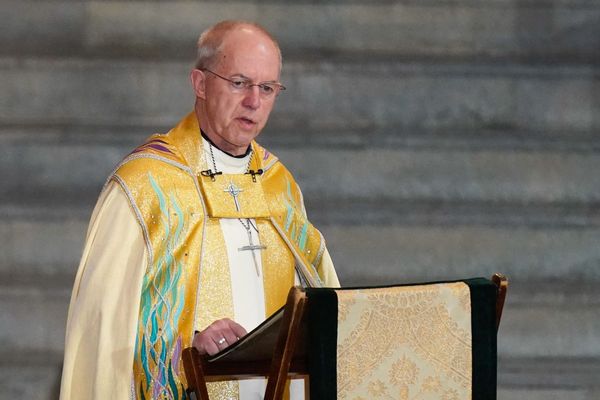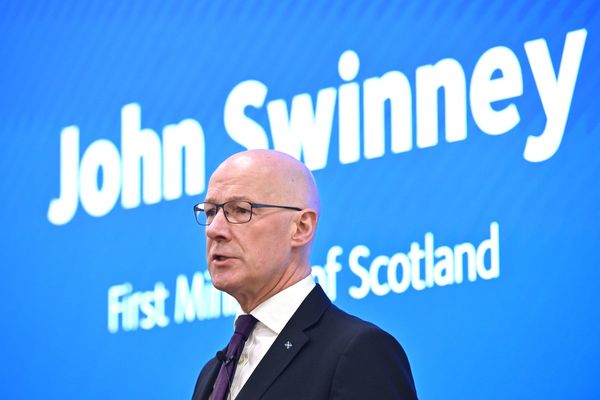
The ghosts of Europe's troubled past hover over the institutions of the European Union but seldom come to life.
That changed briefly on Monday when a minute's silence was held for Manuel Fraga Iribarne, the last surviving minister in the government of General Francisco Franco, Spain's Falangist dictator.
Jerzy Buzek, the outgoing Polish president of the European Parliament, justified the minute's silence on the grounds that Fraga was deeply involved in the transition to democracy in Spain after Franco's death in 1975.
But one of Nick Clegg's allies in the European Parliament has objected to the decision to hold a joint minute's silence for Fraga with Václav Havel, the head of the "Velvet Revolution" who oversaw the end of Communism in Czechoslovakia.
Buzek, born to a Polish family in Smilovice in what is now the Czech Republic in 1940, is likely to argue that as a Pole he needs no lectures on the horrors of fascism. The wounds of Nazi Germany's treatment of Poland still run deep in modern day Germany. Franco was technically neutral in the second world war, though he allowed Spanish volunteers to fight on the side of Germany against the USSR.
But Baroness (Sarah) Ludford, the Liberal Democrat European human rights spokeswoman, believes it was wrong to hold a joint minute's silence:
Havel's democratic and human rights credentials underpinned his whole life, while Fraga never renounced or apologised for the repressive standards of the Franco regime he served. Linking the two was a cheap trick, presumably to head off an MEPs' protest.
Buzek has done some good work as President, and it is a pity for him to go out on a sour note. But the suspicion that he orchestrated this twinning deliberately to please his political friends is confirmed by his airbrushing of Fraga's fascist past out of his tribute.
The EU was founded as a reaction to the horrors of dictatorship It is an insult not just to Havel's memory, but to that the millions of people who suffered and died at the hands of authoritarian regimes like Franco's.
The minute's silence for Fraga, who died in Madrid on 15 January at the age of 89, shows the delicate position of the right in Spain. Fraga, who served as Franco's tourism and information minister in the 1960s, founded what is now Spain's governing Popular Party.
The Washington Post noted that Fraga refused to apologise for his role in suppporting the Franco dictatorship which lasted from his victory in the Spanish civil war in 1936 to his death in 1975. Fraga said in 2001:
One cannot choose the period of history in which one lives.
Buzek said it was right to pay tribute to Fraga for his role in helping to introduce democracy to Spain after Franco's death. Fraga helped write the post-Franco constitution passed in 1978. Spain's reward came when it joined the EU in 1986.
This is what a European Parliament press release said about Fraga and Havel:
Manuel Fraga Iribarne, who died on 15 January, was a great statesman, a key architect of Spain's democratization, a founder of the Partido Popular and, in the 1980s, an MEP, said Mr Buzek, who asked the daughter of the deceased, MEP Carmen Fraga Estévez, to convey Parliament's condolences to the entire family.
Finally, Mr Buzek paid tribute to Václav Havel, who died on 18 December 2011. Mr Havel, a symbol of the "Velvet Revolution" and European reunification, was an outstanding intellectual, writer and courageous statesman, whose address to the European Parliament two years previously had been greeted with a standing ovation, recalled Mr Buzek. Mr Havel's funeral in Prague, which Mr Buzek attended, had been an "intercontinental expression of respect" for this great European, he concluded.
A minute's silence was held for both statesmen.







